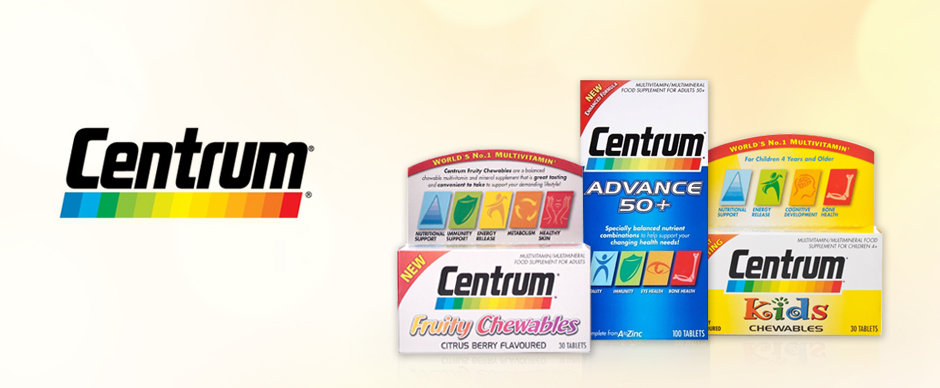
Iron
Iron is vital for the production of haemoglobin, the part of red blood cells that ferries oxygen throughout the body. Nearly two-thirds of the body’s iron is found in haemoglobin. Iron is an essential component of dozens of enzymes – proteins that initiate chemical reactions in the body – including those involved in energy production and for making DNA, the cells’ blueprint for reproduction.
Smaller amounts of iron are found in myoglobin - the muscle’s equivalent of haemoglobin. Myoglobin is a protein that transports and stores oxygen on a short-term basis within the muscles.
Quick Summary
We need iron to make haemoglobin which transports oxygen throughout our bodies.
Why is Iron important?
Iron also regulates cell growth, replication and skin repair. It supports the immune and nervous systems.
Recommended Daily Allowance (RDA)
14mg
Where can you find Iron?
- Egg yolk
- Red meat
- Whole grains
- Oysters
- Fish
- Leafy vegetables
Iodine functions
- Contributes to the formation of red blood cells and haemoglobin
- Contributes to normal oxygen transport in the body
- Contributes to energy-yielding metabolism
- Contributes to normal function of the immune system
- Contributes to cognitive function
- Contributes to normal cell division
- Can contribute to the reduction of tiredness and fatigue

